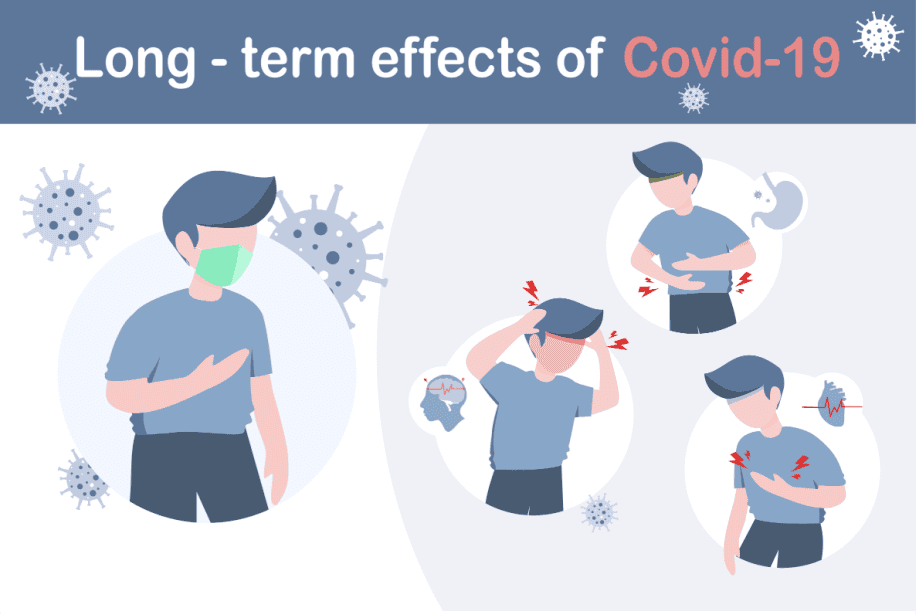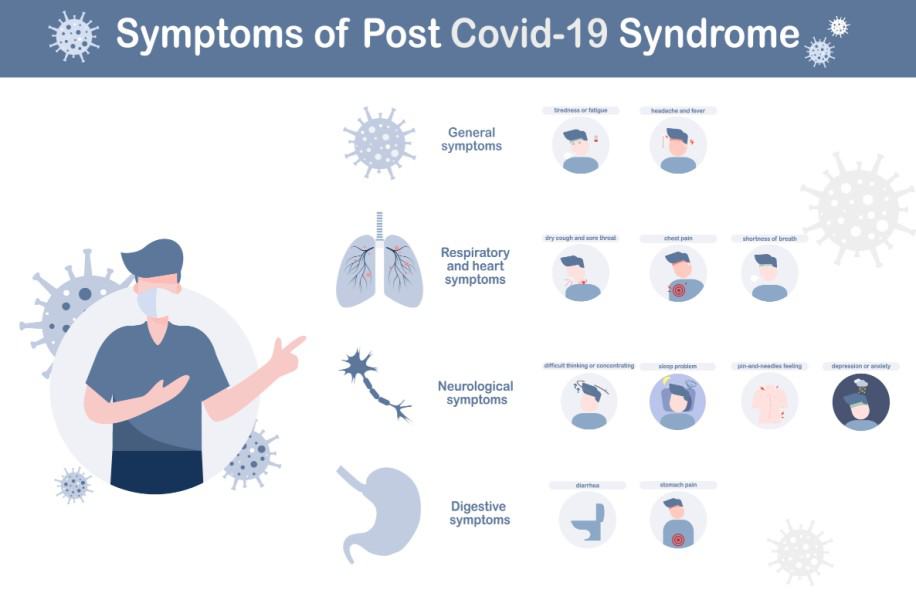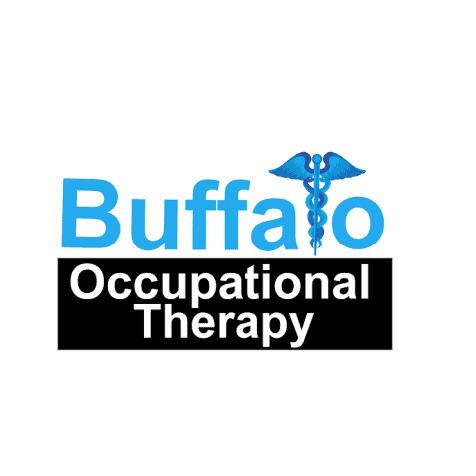Long COVID Rehabilitation and Support in Western New York
Long COVID Recovery can be confusing. You expected your body to ‘bounce back’ from the COVID-19 Virus and instead, you have felt not quite yourself – memory is not as sharp, hard to focus, maybe you feel unbalanced or less energized. You aren’t alone. Buffalo Occupational Therapy remained open through the COVID-19 pandemic and we continue to establish new clients to our practice for the treatment and long-term management of COVID-19 symptoms.

What is Long COVID?
After the virus leaves your body, some people’s immune systems stay active or don’t fully return to normal. This can lead to symptoms that affect various parts of the body. Think of it as your body being stuck in “recovery mode,” where it hasn’t fully reset to its pre-illness state.After the virus leaves your body, some people’s immune systems stay active or don’t fully return to normal. This can lead to symptoms that affect various parts of the body. Think of it as your body being stuck in “recovery mode,” where it hasn’t fully reset to its pre-illness state.

Symptoms of COVID-19 and Long COVID
Fatigue: Feeling extremely tired, even after rest.
Breathing Problems: Shortness of breath or difficulty catching your breath.
Brain Fog: Difficulty thinking clearly, focusing, or remembering things.
Heart Issues: A faster-than-normal heartbeat or chest pain.
Joint or Muscle Pain: Ongoing soreness or stiffness.
Mood Changes: Anxiety or depression can develop, possibly linked to the physical symptoms.
What is Long COVID?
Long COVID refers to the lingering effects experienced after recovering from an initial COVID-19 infection. Even though most people recover in a few weeks, some continue to have symptoms for months, or even years. These long-term effects, collectively called “Long COVID,” can affect nearly every part of the body and make day-to-day life more challenging. Long COVID occurs when symptoms last for more than three months after the infection, and they can’t be explained by any other medical condition.
Symptoms of Long-Covid?
Fatigue: A constant feeling of tiredness or exhaustion.
Breathing difficulties (dyspnea): Shortness of breath or trouble catching your breath.
Brain fog: Difficulty thinking clearly, concentrating, or remembering things.
Pain and discomfort: Muscle aches (myalgia), joint pain (arthralgia), and chest pain.
Changes in taste and smell: Loss of taste (ageusia) and smell (anosmia).
Heart issues: Palpitations or a racing heartbeat.
What May Causing the Symptoms of Long-Covid?
Research shows that Long COVID may result from several mechanisms:
Viral persistence: The virus may linger in the body, triggering ongoing symptoms.
Microthrombosis: Tiny blood clots in the brain and other organs can disrupt normal function.
Neuroinflammation: Inflammation in the brain can lead to cognitive issues like brain fog.
Blood-brain barrier disruption: This barrier, which normally protects the brain, may become leaky, allowing harmful substances in.
Immune dysregulation: The body’s immune response might stay in overdrive, causing lasting damage.
Occupational Therapy for Long-COVID and Post-COVID 19 Symptoms
A comprehensive approach to rehabilitation, tailored specifically for Long COVID survivors, includes multiple strategies designed to address both cognitive and physical challenges:
+ Cognitive Remediation Therapy: Therapy will focus on improving memory, attention, and problem-solving skills through targeted exercises that strengthen cognitive abilities affected by Long COVID.
+ Physical Remediation: Rehabilitation will address rebuilding balance, stability, and endurance to help regain physical independence and mobility.
+ Dual Tasking Training: This method combines mental and physical tasks, training the brain and body to work together efficiently, improving overall functioning and coordination.
+ Symptom Tracking and Clinical Direction: Ongoing monitoring of symptoms will allow for early intervention when new challenges arise. Adjustments to the rehabilitation plan will be made as necessary, with referrals to other professionals when additional expertise is needed.
+ Lifestyle Adaptive Training: Rehabilitation will focus on modifying daily routines to maximize independence and efficiency. This process helps individuals achieve their goals while managing the challenges posed by Long COVID.
+ Psychosocial and Behavioral Support: Learning to live with a chronic condition like Long COVID requires both emotional and psychological support. Rehabilitation provides guidance in adjusting to these changes, helping individuals gain control over their condition while focusing on what can be done to thrive.
